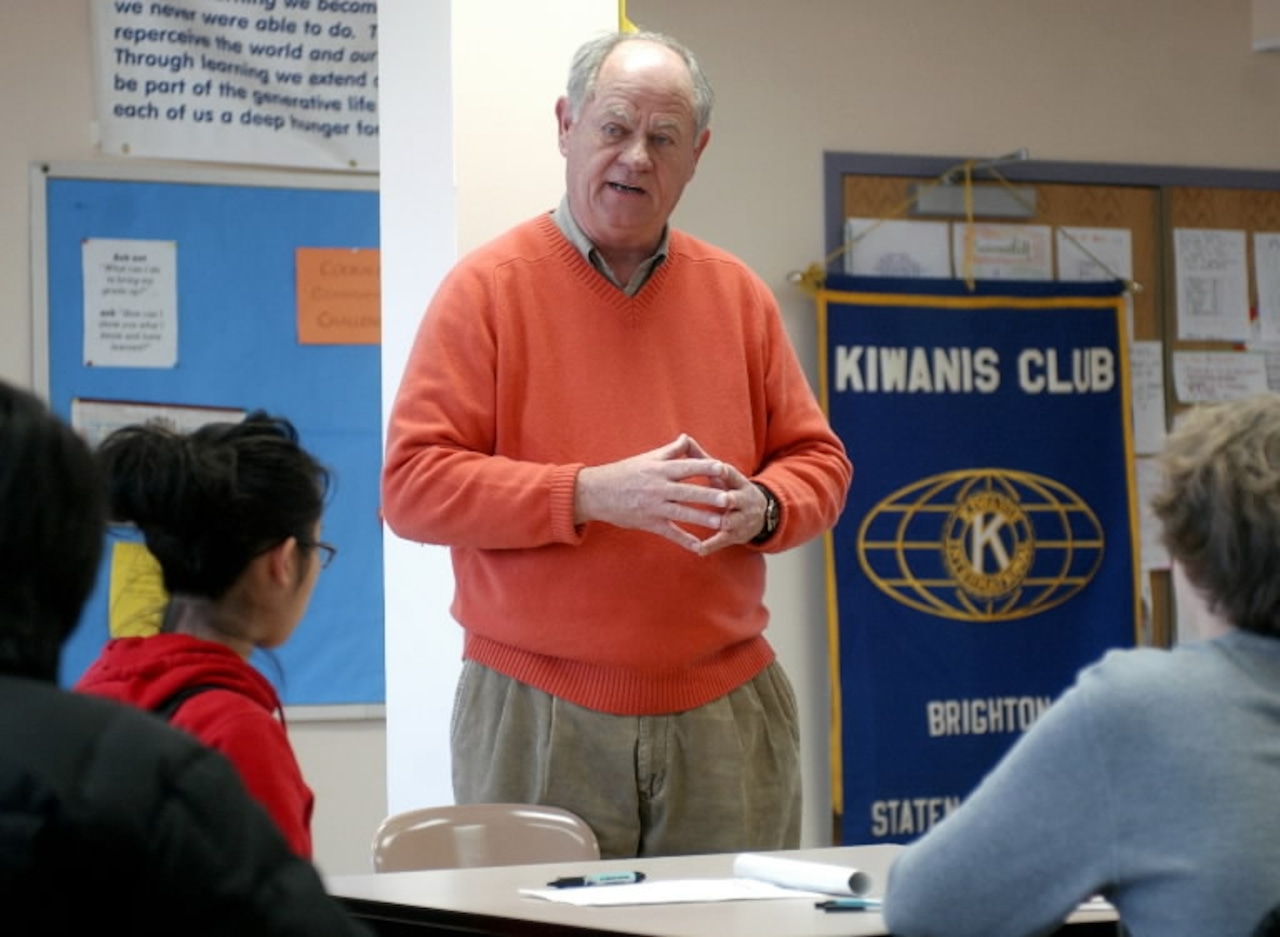In a groundbreaking move, Pennsylvania has enacted a new law aimed at making it easier for older adults to serve as mentors in schools. The law has been put in place in an attempt to break down barriers that have conventionally impeded seniors from imparting their knowledge and sharing their hobbies with students in a school environment.
The bill was signed into law by Gov. Josh Shapiro and its main sponsor was Rep. Jared Solomon, a Democrat from Philadelphia. The overarching belief of the people behind this law is that not only can mentors profoundly impact the growth of a young person, but elders can also benefit enormously from interactions with the younger generation. More than anything else, the new law validates the view that young people enrich the lives of older citizens just as much, if not more.
The newly introduced law will see older adults sign up as mentor volunteers, but they must clear a background check and child abuse clearance to apply. As part of the application process, these elder mentors designate their preferred schools where they would be interested in volunteering. Once approved, schools identify students who would gain from the program, get the nod from their parents or guardians, and then match these students with older adults who hold mutual interests or expertise.
The new law encourages Pennsylvania’s Department of Education, State Board of Education, and Department of Aging to develop guidelines for the implementation of the program. These departments are responsible for crafting online applications, accessible through their respective websites, as well as from intermediate units, schools, and local aging agencies.
As a part of the new legislation, intermediate units are mandated to maintain a central registry of approved volunteers. This registry acts as a resource hub that facilitates the easy matching of volunteers with students based on respective interests and needs.
Rep. Jared Solomon clarified that the purpose of this law is not to intrude on schools that already run successful mentor programs. Instead, the law comes as a response to older residents voicing their desire to engage with younger generations but facing obstacles when attempting to volunteer in educational institutions.
The benefits are twofold; while it allows older adults to pass on their wisdom and knowledge to young minds, the law also fosters a better understanding and appreciation of generational differences. It opens the door to fresh perspectives for both young students and older citizens.
The law puts a lot of emphasis on the importance of intergenerational exchange, fostering mutual respect, understanding, and knowledge sharing between young people and their older mentors. An increased understanding of generational differences and the shared perspectives between the youth and elders can lead to enriched learning experiences, benefiting both parties in unique and invaluable ways.
The law allows older adults, specifically those above 55, to take a more active role in their communities, particularly in schools, exposing them to new experiences and connections they otherwise may have missed out on.
This pioneering legislation, beginning in Pennsylvania, could be a role model for other states in the future, addressing the dilemma of intergenerational disconnect and paving the way for wholesome mentorship programs. It became effective from Dec. 15.




